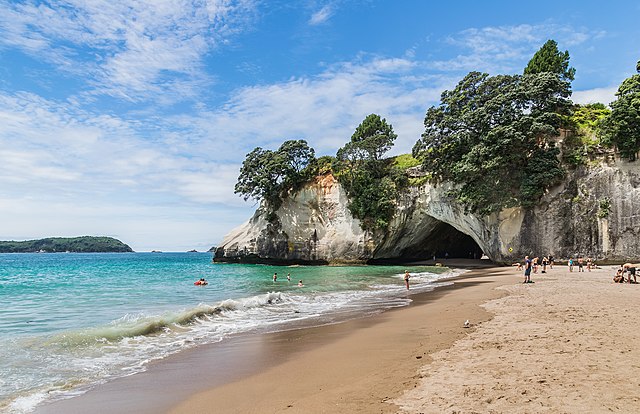It’s warming up. Our days are getting longer. Many of us are keen to get out and enjoy the outdoors, even if it’s in our own backyards.
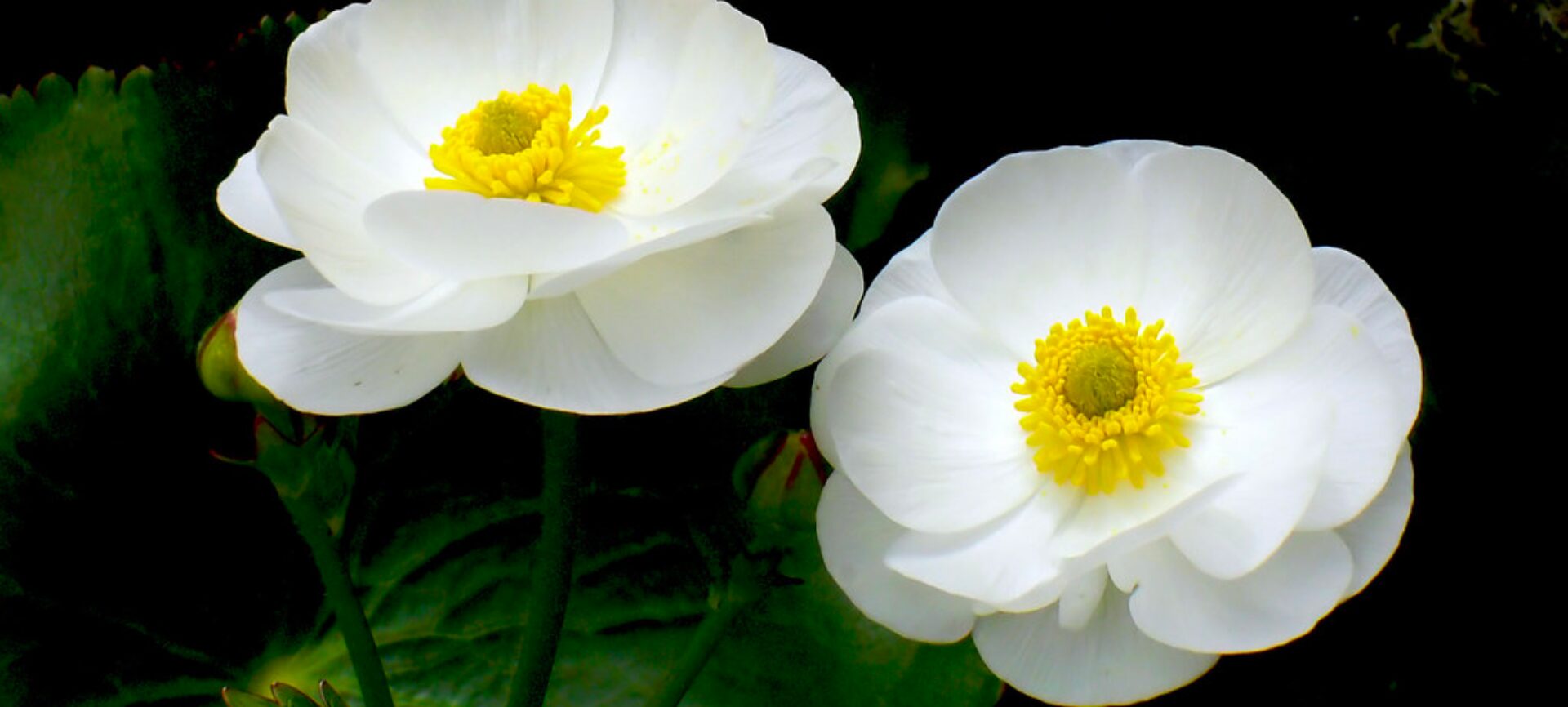
A lot of our native birds are busy at this time building nests, incubating eggs and getting extra food for hungry chicks.
Introduced predators like possums and rats are busy too as more food becomes available in the warmer months. Your budding garden, and the birds living in it, could be on the menu!
Here are our 5 top tips to help protect our native birds in springtime.
1. Provide a nesting place for birds
The majority of our native birds are in their breeding season now including tauhou (wax eyes), kererū, tūi, pīwakawaka (fantails), korimako (bellbirds), kākā and ruru (morepork). These birds are all beginning to court, breed and nest. You can help them by making your backyard safe and full of nesting materials.
Avoid disturbing birds by giving them space as best you can. Getting too close can be threatening for birds, distracting them from their busy work as soon-to-be parents.
Keep curious cats inside as much as possible. If they do go outside, make sure they have a bell on their collar – bells don’t completely stop hunting but they do minimise it. Bright ‘scrunchie’ collars have also been shown to reduce hunting.
Keep your garden messy this spring. Pieces of grass, twigs, hay, horsehair, feathers, moss, lichen, mud, spider webs or dead leaves are great building materials for nesting birds.
A messy garden can also mean more kai for hungry birds. Letting leaf litter accumulate will attract insects like spiders, moths and beetles for birds to feed on.
If you’re doing some gardening in your backyard, check out our guide on what we think native birds would plant if they could.
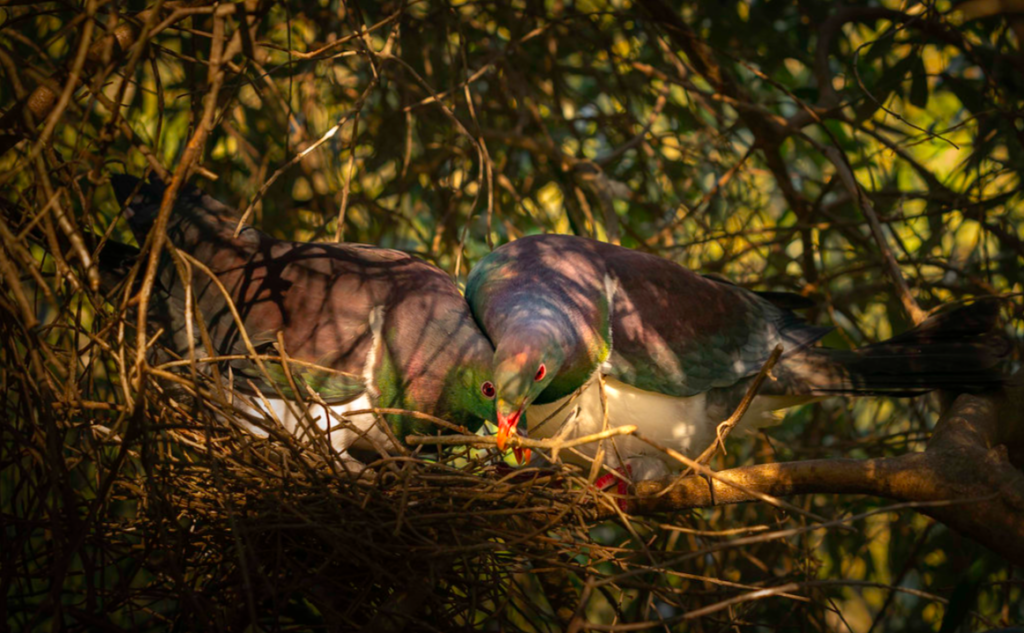
2. Help injured or orphaned baby birds
In late spring and early summer, bird rescues receive hundreds of calls from concerned people who have come across a baby bird out of its nest. That’s because many baby birds (also known as fledglings) begin making early attempts to fly. And sometimes it can result in them being separated from their nest and their mother.
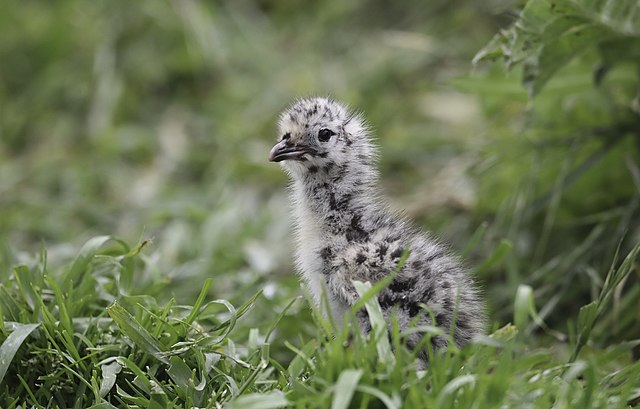
Some of these birds need to be rescued and some don’t. Some fledglings may look like they need rescuing but are actually healthy chicks still learning how to fly that are being tended to by their parents. In fact, fledglings often have a much better chance of surviving to adulthood if they are left in their own habitat.
The Wildlife Rehabilitation Network Of New Zealand (WReNNZ) has great information to help you work out whether a baby bird needs rescuing. If you need additional advice, you can contact a local wildlife rescue from their website or call the Department of Conservation (DOC) on 0800 362 468.
3. Stop rats killing native birds and their chicks
Trapping rats during spring is crucial as it’s when breeding and nesting birds are most vulnerable. Protect them by keeping rat numbers low.
If you don’t have a trap, buy one.
If you do, make sure you’re checking it regularly. If it isn’t catching anything, read our troubleshooting tips for making your rat trap irresistible to rats.
By minimising the risk of rat predation, you’re giving the young feathery families in your backyard the best chance at survival.
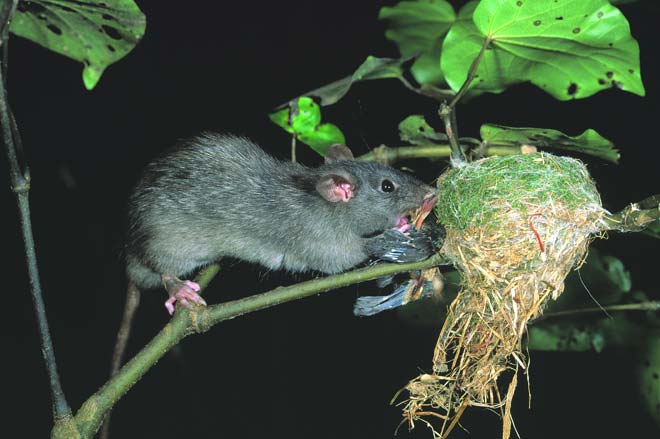
4. Protect your budding garden
Possums love to feast on a budding garden. You’ll know a possum has visited your garden when:
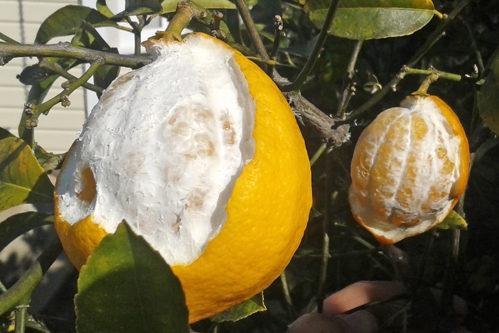
- newly-forming buds on roses or fruit trees are bitten off
- citrus fruits have their peels eaten
- vegetables are completely gone
- leaves are torn, half-eaten or left as jagged leaf stumps
Prevent a possum from devouring your flowers, fruits and vegetables by setting a possum trap. If you can, position the trap where the possum is most likely to interact with it on its way to your vegetable garden, fruit tree or rose bush and use our special sweet flour recipe to lure them to your trap. Check out our possum facts and control trips for more information.
5. Look after our special places
As the weather improves and the days get longer, New Zealanders want to head outdoors. We have so many beautiful places where we can enjoy walks or bike trails amongst nature.
Nesting birds and their eggs and chicks are particularly vulnerable to human and dog disturbance. Make sure you check your local council or Department of Conservation websites for information on where dogs can visit.
At the beach, stay below the tide line and if you’re bringing your dog along keep them on a lead.
When you’re out and about, try to give nesting birds a wide berth, stick to marked paths as much as possible and keep loud noises to a minimum.
The Department of Conservation has created a list of the best spring experiences across Aotearoa including walks, bike rides and campsites to enjoy. This list excludes Auckland due to COVID-19 level restrictions.
